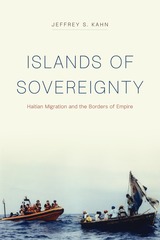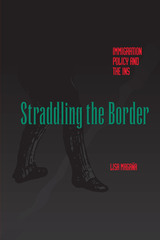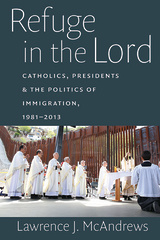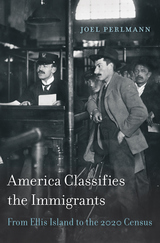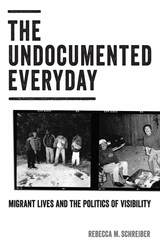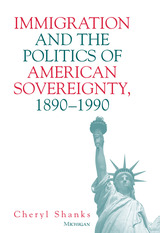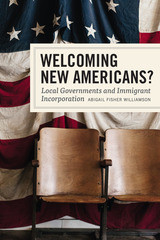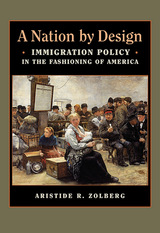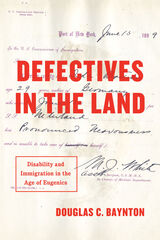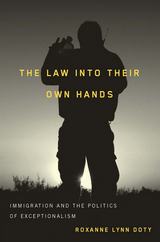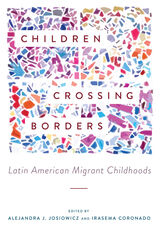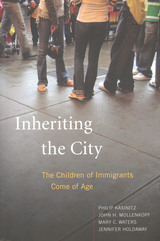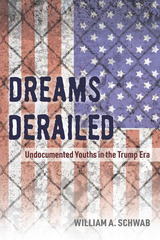Immigration and the Politics of American Sovereignty, 1890-1990
University of Michigan Press, 2001
eISBN: 978-0-472-02300-4 | Cloth: 978-0-472-11204-3
Library of Congress Classification JV6483.S536 2002
Dewey Decimal Classification 325.730904
eISBN: 978-0-472-02300-4 | Cloth: 978-0-472-11204-3
Library of Congress Classification JV6483.S536 2002
Dewey Decimal Classification 325.730904
ABOUT THIS BOOK | AUTHOR BIOGRAPHY | REVIEWS | TOC | REQUEST ACCESSIBLE FILE
ABOUT THIS BOOK
What does it mean to be an American? The United States defines itself by its legal freedoms; it cannot tell its citizens who to be. Nevertheless, where possible, it must separate citizen from alien. In so doing, it defines the desirable characteristics of its citizens in immigration policy, spelling out how many and, most importantly, what sorts of persons can enter the country with the option of becoming citizens.
Over the past century, the U.S. Congress argued first that prospective citizens should be judged in terms of race, then in terms of politics, then of ideology, then of wealth and skills. Each argument arose in direct response to a perceived foreign threat--a threat that was, in the government's eyes, racial, political, ideological, or economic. Immigration and the Politics of American Sovereignty traces how and why public arguments about immigrants changed over time, how some arguments came to predominate and shape policy, and what impact these arguments have had on how the United States defines and defends its sovereignty.
Cheryl Shanks offers readers an explanation for immigration policy that is more distinctly political than the usual economic and cultural ones. Her study, enriched by the insights of international relations theory, adds much to our understanding of the notion of sovereignty and as such will be of interest to scholars of international relations, American politics, sociology, and American history.
Cheryl Shanks is Assistant Professor of Political Science, Williams College.
Over the past century, the U.S. Congress argued first that prospective citizens should be judged in terms of race, then in terms of politics, then of ideology, then of wealth and skills. Each argument arose in direct response to a perceived foreign threat--a threat that was, in the government's eyes, racial, political, ideological, or economic. Immigration and the Politics of American Sovereignty traces how and why public arguments about immigrants changed over time, how some arguments came to predominate and shape policy, and what impact these arguments have had on how the United States defines and defends its sovereignty.
Cheryl Shanks offers readers an explanation for immigration policy that is more distinctly political than the usual economic and cultural ones. Her study, enriched by the insights of international relations theory, adds much to our understanding of the notion of sovereignty and as such will be of interest to scholars of international relations, American politics, sociology, and American history.
Cheryl Shanks is Assistant Professor of Political Science, Williams College.
See other books on: Emigration & Immigration | Emigration and immigration | Emigration and immigration law | Government policy | Immigration
See other titles from University of Michigan Press


